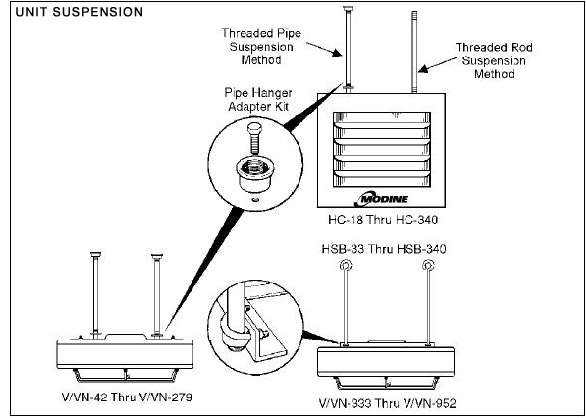Imagine stepping into your garage on a frigid winter morning, not to a bone-chilling space, but to a comfortably warm environment. This dream can become a reality with a hot water garage heater, an often-overlooked but incredibly effective solution for maintaining a consistent temperature in your workspace. Unlike traditional space heaters that can be inefficient and costly to operate, a hot water garage heater leverages your existing hot water system to provide radiant heat, distributing warmth evenly throughout the area. Choosing the right system requires careful consideration of several factors, ensuring optimal performance and energy savings. This guide will delve into the intricacies of hot water garage heaters, exploring their benefits, installation considerations, and various models available in the market.
Understanding Hot Water Garage Heaters
Hot water garage heaters are essentially heat exchangers that utilize the hot water from your home’s boiler or water heater to warm the air in your garage. They work by circulating hot water through a network of fins, which radiate heat into the surrounding space. A fan then blows air across the fins, further distributing the warmth. This method of heating is generally more efficient than electric resistance heating, as it leverages the existing hot water system, reducing energy consumption and lowering utility bills.
Benefits of Using a Hot Water Garage Heater
- Energy Efficiency: Reduced energy consumption compared to electric heaters.
- Consistent Heat: Provides even and comfortable heat distribution.
- Cost-Effective: Lower operating costs over the long term.
- Space Saving: Can be mounted on walls or ceilings, freeing up floor space.
- Quiet Operation: Generally quieter than forced-air heaters.
Installation Considerations
Installing a hot water garage heater is a relatively straightforward process, but it’s crucial to consider several factors to ensure proper functionality and safety. Firstly, you need to ensure that your existing hot water system has sufficient capacity to handle the additional load. This may involve consulting with a qualified plumber or HVAC technician. Secondly, you need to determine the appropriate size and BTU (British Thermal Units) rating of the heater for your garage’s square footage and insulation level. Finally, proper plumbing connections and electrical wiring are essential to prevent leaks and ensure safe operation. While DIY installation is possible, it’s often recommended to hire a professional to guarantee a safe and efficient setup.
Choosing the Right Size and BTU Rating
Selecting the correct size and BTU rating for your hot water garage heater is paramount for optimal performance. A heater that is too small will struggle to maintain the desired temperature, while one that is too large will cycle on and off frequently, wasting energy. Factors to consider include:
- Garage Size: Measure the square footage of your garage.
- Insulation Level: Well-insulated garages require less BTU output.
- Climate: Colder climates require higher BTU output.
- Desired Temperature: The higher the desired temperature, the more BTU needed.
Comparing Hot Water Garage Heater Models
There are various models of hot water garage heaters available in the market, each with its own unique features and benefits. Some models are designed for smaller garages, while others are suitable for larger spaces. It’s important to research and compare different models to find the one that best meets your specific needs and budget.
Here’s a comparative table showcasing some popular options:
| Model | BTU Rating | Garage Size (Approx.) | Key Features | Price Range |
|---|---|---|---|---|
| Modine Hot Dawg HD45 | 45,000 BTU | Up to 750 sq ft | Low profile, quiet operation | $$$ |
| Mr. Heater Big Maxx 45 | 45,000 BTU | Up to 750 sq ft | Sealed combustion, easy installation | $$$ |
| Enerco Group F260550 MH45BTU | 45,000 BTU | Up to 750 sq ft | Horizontal or vertical venting | $$$ |
Maintaining Your Hot Water Garage Heater
Regular maintenance is essential to ensure the longevity and efficiency of your hot water garage heater. This includes periodically cleaning the fins to remove dust and debris, inspecting the plumbing connections for leaks, and checking the fan motor for proper operation. Following the manufacturer’s recommendations for maintenance will help prevent costly repairs and ensure that your heater continues to provide reliable warmth for years to come.
Investing in a hot water garage heater is a decision that can dramatically improve the comfort and usability of your garage during the colder months. With proper planning, installation, and maintenance, you can enjoy a warm and inviting workspace for years to come.

